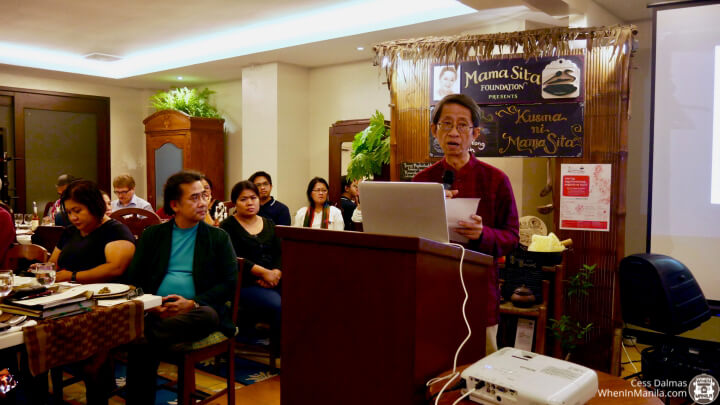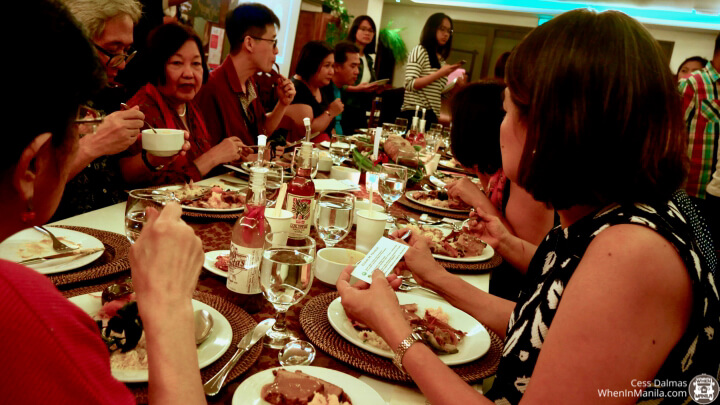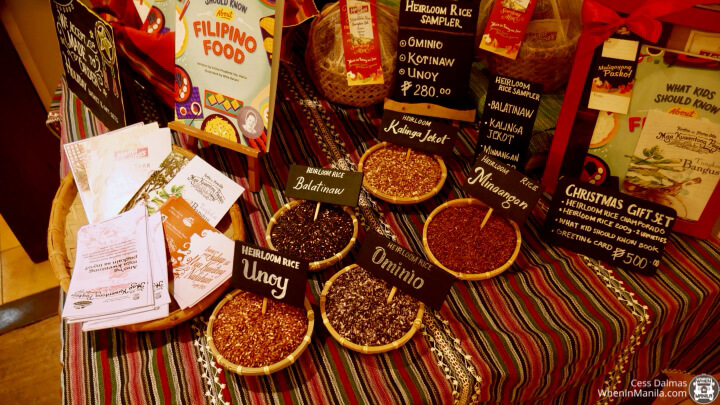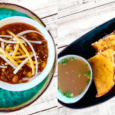Article by Sabrina Basilio / Photos by Cess Dalmas
Ilocanos have a vast array of things to be proud of: the surfing spots of La Union, the cobblestoned streets of Vigan, and the widely celebrated crunchy bagnet to name a few. To add to this already long list, the Ateneo Sociology and Anthropology Department organized an Ilocano dinner centered on the kamote, a root crop that survives under harsh conditions and serves as a key component in revamping food production and disaster preparation.
How, you ask?
Every year, the students of the Ateneo Cultural Laboratory, under the supervision of Dr. Fernando Zialcita or more fondly known as “Doc Z,” explore cultural heritage by immersing themselves in particular regions.
Victorino’s Restaurant housed the culmination of the program in a dinner called “Ilocano Recipes for a Warmer Planet” where the class’ three-week cultural heritage projects were presented.
That day, the dining room was rich with warm light, rustic interiors, evocative kitchen scents, and healthy discussions on Ilocano culture: their love for vegetables and root crops; the ethnography of their (binakul) weaving traditions; and the making of their gold tambourine jewellery.
Kamote dishes, inspired by the recipes of Jean Savellano, were served at dinner, followed by an open forum encouraging dialogue between students, guests, culinary experts, and heritage advocates, including Congressman Savellano.
“This kind of dialogue is precisely what the foundation strives to inspire through our projects like Mga Kuwentong Pagkain,” says Clara Reyes-Lapus, president of Mama Sita Foundation. “Mama Sita loved to promote local foods and how they are prepared. She traveled to different places to search for the most authentic flavors and, in turn, she spread it out to share it with the world.”
After the Ateneo presentation, the MMSF launched the foundation’s annual food writing contest, Mga Kuwentong Pagkain. The contest encourages Filipinos nationwide to talk about a special dish, what makes it special, and how it is made and enjoyed in an effort to make known and preserve the flavors of homegrown cuisine. Deadline for entries is on Jan. 26, 2018.








